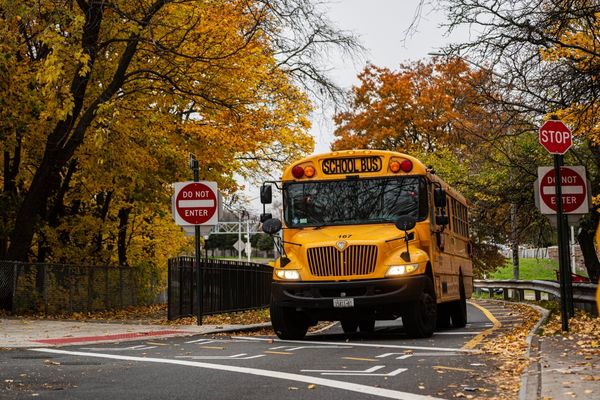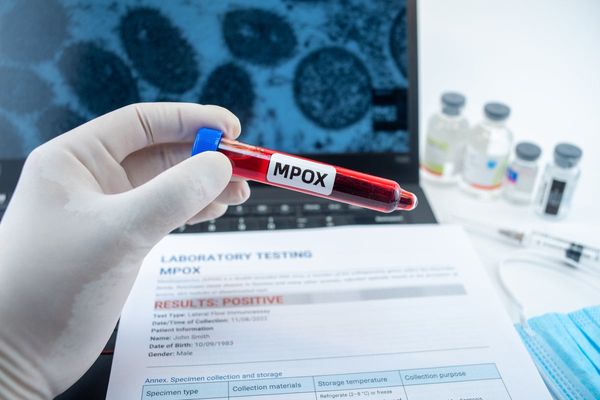
Children at risk of suicide are being refused places on waiting lists for mental health services because they are so chronically oversubscribed, according to leading education figures.
A report last month by the Centre for Young Lives and the Child of the North multi-university research programme warned that the NHS Child and Adolescent Mental Health Services (Camhs) are buckling under the strain of a “national epidemic” of children’s mental health problems.
It revealed that, at the end of last year, 32,000 children had been waiting more than two years to be seen. Two-thirds of children were not directed to any form of interim support, it said, with self-harm and suicide while they waited “too familiar”.
Anne Longfield, founder of the Centre for Young Lives, told the Observer that when she took office as the government’s children’s commissioner in 2015, she was “shocked” to discover a young person had to be suicidal to be guaranteed a Camhs appointment. Now, she said, after years of further funding cuts, thresholds for intervention are so high that even suicidal children are frequently turned away in many areas.
Longfield said: “Now trying to kill yourself is not enough to get mental health support. They ask: ‘Did the child really intend to end their life or not?’ That is such a chilling state to be in. For any family, having a suicidal child is the most terrifying crisis. Often they hit this terrible brick wall where they can’t get professional help.”
Referrals for children and young people’s mental health services in England have been rising since before the pandemic, increasing from 340,000 in 2017-18 to 540,000 in 2019-20. However, last year the number of children and young people with active referrals soared to 949,000, with experts and schools blaming the combined impact of the pandemic, spiralling poverty and lack of support for families after more than a decade of government cuts to public services. There is now a postcode lottery for treatment, with waiting lists stretching years in many areas.
The safeguarding lead at a primary school in a deprived north-west town, who asked to remain anonymous, said: “A child can say they want to end their life, but if they don’t have a definite plan they won’t be referred. Their parents are told to put all sharp objects away.”
She added: “We also have children who are seriously self-harming, but that is now not considered an emergency.”
The school’s headteacher said they were paying external counsellors to help their safeguarding team deliver therapy for 60 children whose parents were typically dealing with drug or alcohol addiction or domestic abuse, and often their own mental health problems. He said: “We are being asked to work way beyond our expertise on very traumatic cases.”
Susie Beresford-Wylie, director of special educational needs and disabilities (Send), inclusion and vulnerable groups at Olympus Academy Trust, which runs nine schools in Bristol and Gloucestershire, said schools now tell parents of children with a suicide plan to go straight to A&E. But she added: “When they have been triaged there as needing Camhs and they are on a waiting list, that same child, with the same needs, is sent back to school with no interim support.”
She said Camhs had told parents that school was the best place to be for children with serious mental health problems, as it provides routine, but that many cannot cope when they come in. “They are behaving badly because they can’t cope, they are truanting, or we have kids in toilets cutting themselves,” she said.
Beresford-Wylie said this was putting staff under intense emotional strain. “We are not a frontline mental health service. We can’t manage having a volume of children who are obviously in crisis without the right resources and support.”
A GP in the north-west, who asked to remain anonymous, said she now had “barely one Camhs referral a year” accepted for her patients. “I’ve started telling parents there is no point in trying as their child will be refused,” she said, adding that a child feeling suicidal was “no longer enough” to secure an accepted referral.
The GP said she understands how distressed parents feel, because her own teenage daughter waited nearly four years for face-to-face counselling, despite taking two overdoses in that time. “After her second overdose, I rang a 24-hour emergency crisis team. I was told she is 17 – when she is 18 she will be an adult and accessing support will be much easier. It is just a joke. It is so frightening when your child is on the edge and they aren’t getting any help.
“I see really distressed parents and children all the time who are going through what we have been through. I know they need help, but they won’t get it through Camhs.”
The chief executive of an academy trust in the north-east said they were seeing a huge rise in mental health problems “driven by the impact of destitution” and a lack of support for families from public services.
“It is impossible for us to deal with this level of need without clinical training,” she said.
She said some children at the trust’s schools had waited between 18 months and four years for treatment with Camhs. “It is heartbreaking.”
The trust was buying as much counselling as it could afford and bringing in support from charities, she said. But she added: “These children need more support and they need it now.
“How can we claim to be a civilised country and be letting children down so badly?”
An NHS England spokesperson said: “The NHS is providing mental health support to more children than ever before – with a more than 50% increase since 2019, while expanding provision as quickly as possible within the current five-year funding arrangements.
“We know there is more to do, and that’s why plans are in place to ensure more than half of pupils can access an NHS mental health support team, offering early support in schools, by next spring – significantly ahead of the original target.”
• In the UK and Ireland, Samaritans can be contacted on freephone 116 123, or email jo@samaritans.org or jo@samaritans.ie. In the US, you can call or text the National Suicide Prevention Lifeline on 988, chat on 988lifeline.org or text HOME to 741741 to connect with a crisis counsellor.Other international helplines can be found at befrienders.org







